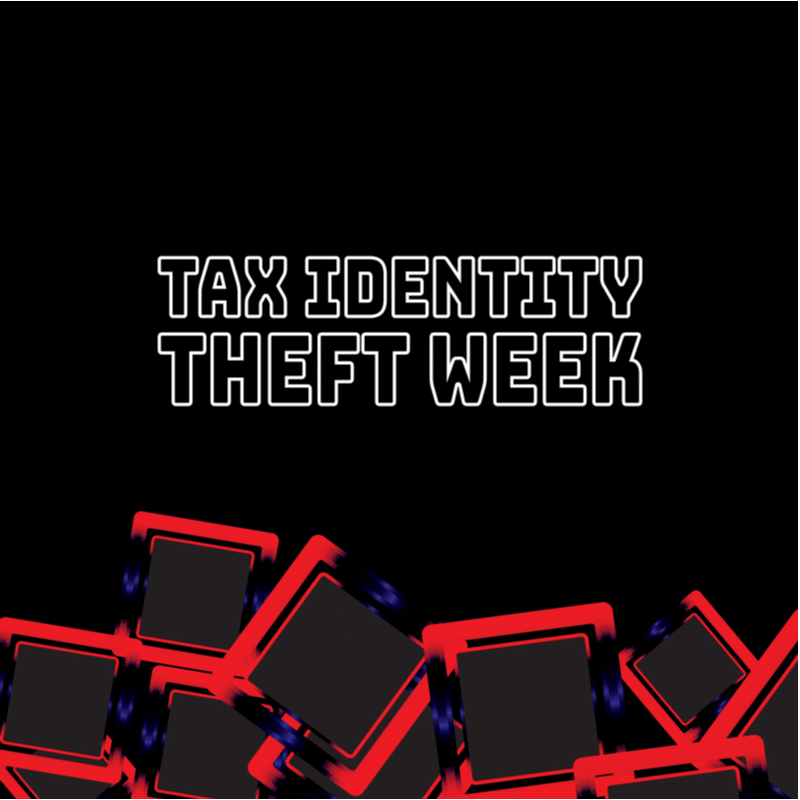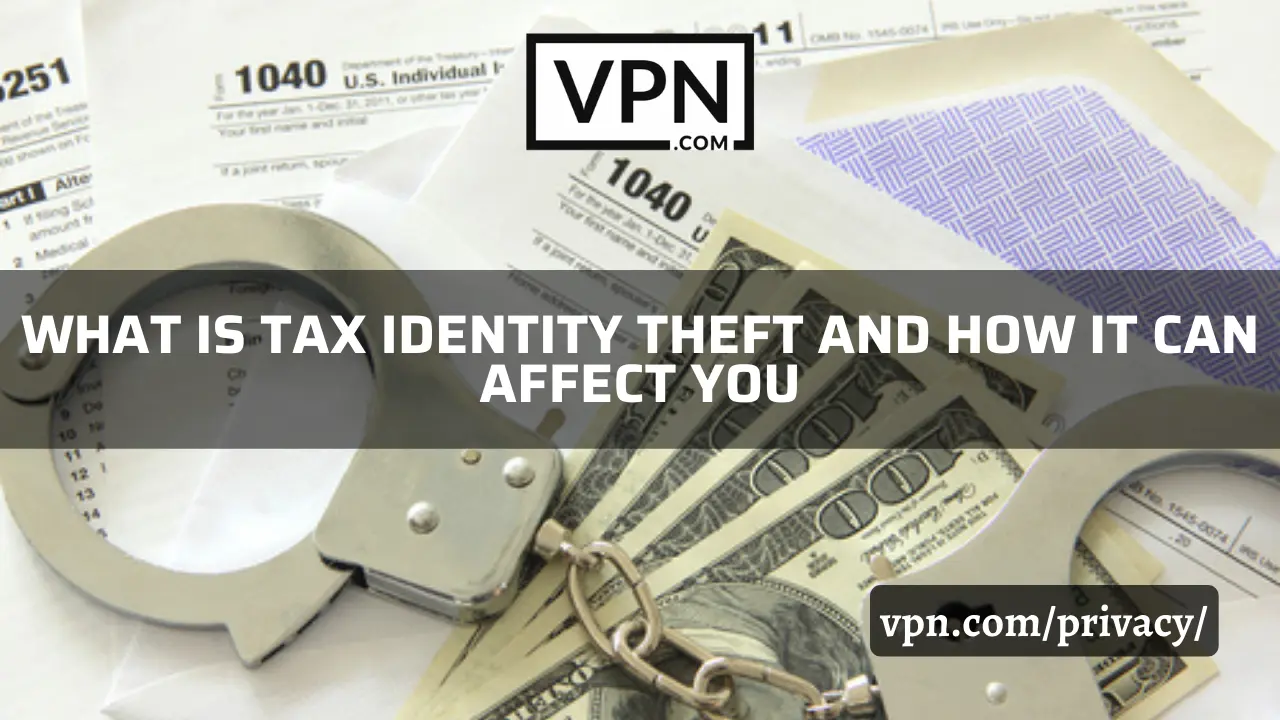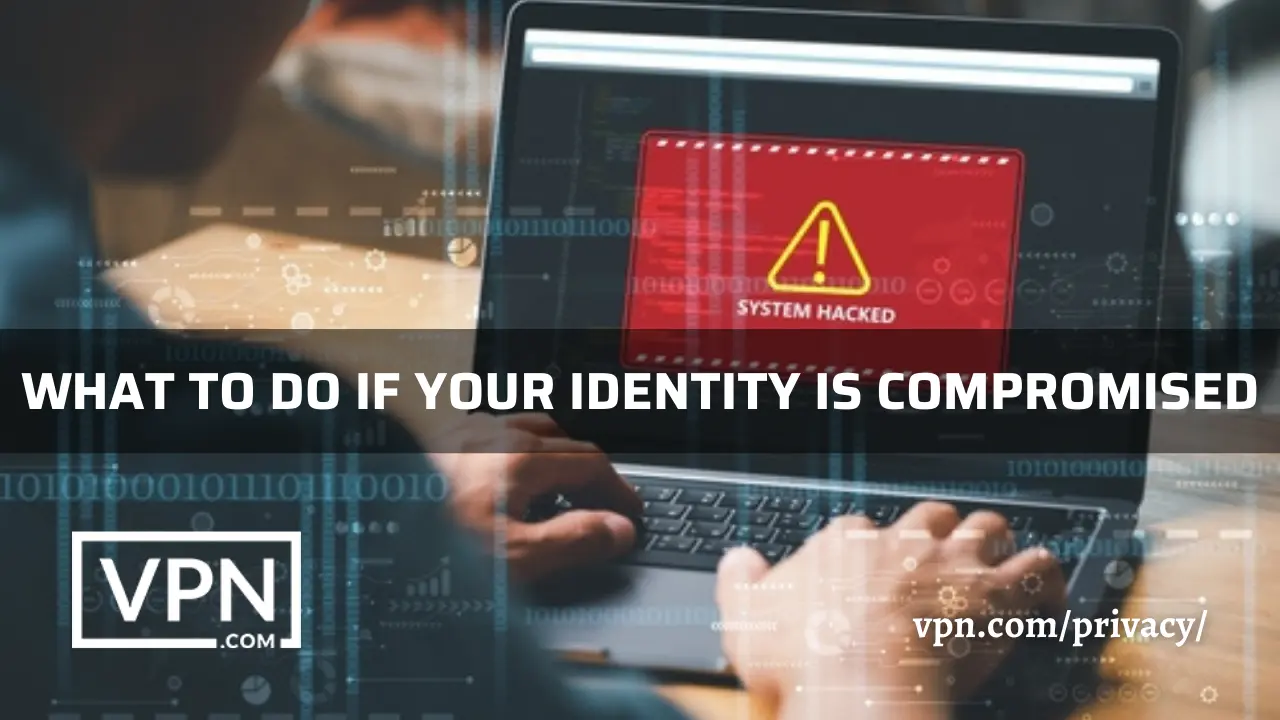How To Protect Yourself Against Tax Identity Theft

Few among us look forward to filing our yearly income taxes. Worse still is discovering that, before you ever get the chance to send your returns to the IRS, a nefarious third party has already filed your returns in the hopes of claiming your tax refunds for themselves.
Identity thieves target your social security number if they’re interested in stealing your income tax returns. Tax identity theft is part of a larger identity theft problem that, as of 2020, accounted for 29 percent of all complaints that the FTC handled. Fortunately, citizens both in the U.S. and across the globe have ways to guard against tax identity theft.
So, if you or anyone you know has been subject to tax identity theft in the past, the following guide is for you. Let’s explore the seriousness of tax identity theft online – both now and especially in the future – as well as the steps you can take to protect yourself against this burgeoning cybercrime.
What Tax Identity Theft Is And How It Affects You

Victims of tax-related identity theft may lose funds from their accounts in several ways. Cybercriminals typically pull cash directly from an ATM or file a tax return check for shipping to a non-existent address.
Protection and insurance agents, which have had little choice but to fine-tune their tactics to tackle identity theft, have spurred many cybercriminals to create new methods to steal the tax returns of individuals. In fact, since the COVID-19 pandemic began, the number of people purchasing an insurance policy has risen by more than 50%, which reflects the huge stress insurance agencies have taken on. Most cases of tax identity theft that agents respond to are carried out using several different techniques.
Among the common techniques cybercriminals use to access an identity is by scouring the data that become available after major data breaches. Cybercriminals that operate on an individual level may also scout out popular WiFi hotspots with lots of users from which they can target personal data while it’s in transit.
Tax identity theft is a serious crime whose effects you can mitigate the sooner you take action. Watch for signs that you’ve fallen prey to identity theft by paying attention to certain indicators.

Get Started w/ NordVPN Today
- Top-rated VPN for OS unknown
- Ultra-fast speed in US in 2024
- Save 69% off with VPN.com Discount
- Plans starting at $2.99/month
GUARANTEE
Understand How Criminals Steal Identities
Time is of the essence for victims of tax identity theft. Once you’re sure that your identity has been compromised, you need to take action to mitigate negative repercussions as soon as possible. Typically, victims of tax identity theft notice that they’re unable to file their returns because someone else has already tried with that victim’s Social Security number. Fraudsters also use Social Security numbers of victims who file their tax returns by mail, in which case the IRS alerts the victim that they’ve already received a return.
It’s essential that you keep your Social Security number as well as your address, birth date, and other personal information safe from people you don’t know. This means that you should never, under any circumstances, send this sensitive information in response to emails from senders who you don’t recognize. Criminals commonly initiate a scam tactic known as ‘phishing’ by sending emails that appear to be legitimate messages from a credit card provider or bank. The goal behind these phishing scams is to coax out sensitive information like a Social Security number from an unwitting recipient who believes they’re securely communicating with a legitimate institution.
The long-term consequences of phishing can have devastating effects on both individuals as well as entire businesses. Identity-compromising tactics such as phishing must be recognizable by individuals and organizations that store information such as Social Security numbers and disseminate them to the IRS come tax season. This is especially true considering that over 40% of business owners now report being dependent on digital banks for their financial needs.
Thankfully, many emails these days feature integrated phishing filters while certain internet browsers warn their users of a potentially dangerous phishing scenario. Additionally, both tax-reporting individuals and businesses should consider investing in a Virtual Private Network (VPN) that uses encryption to prevent criminals from nabbing your data online. VPNs use a tunneling process to prevent your sensitive information such as tax-related and personal data from being intercepted, altered, or monitored as you’re transmitting it online.
What To Do If Your Identity Is Compromised

Even if you keep a close eye on possible signs of tax identity theft and use a VPN, there’s always a chance that you may fall prey to the scams and nefarious efforts of cybercriminals. Once you’re confident that your identity has been compromised, it’s vital that you immediately take action.
To start, victims of tax identity theft should immediately complete IRS Form 14039, Identity Theft Affidavit, which is the form taxpayers use to report fraudulent tax returns. It’s also highly recommended that you place a credit freeze with the three national bureaus (Experian, Equifax, and TransUnion() so that you can insert an alert on your credit reports if necessary. Taking these steps prevents potential scammers from taking out new loans or opening new credit card accounts while using your personal information.
You’ve taken the above actions, it’s time to inquire with your bank and credit card provider about two-factor authentication to add an extra layer of defense against identity thieves. Two-factor authentication aims to decrease the risk of compromised credentials or sensitive information such as a Social Security number. For example, when someone swipes their debit card at an ATM, two-factor authentication requires that they enter a PIN as a secondary identity verification step.
While you strengthen your security hygiene, remember to take your time while browsing for a VPN to use on the individual or enterprise level. The best VPNs for privacy and security as of the beginning of 2022 change and encrypt IDs, block malware, ads, and bots, and provide 30-day money-back guarantees. However, choosing the right VPN for your needs requires that you evaluate the pros and cons of each service available.

Get Started w/ NordVPN Today
- Top-rated VPN for OS unknown
- Ultra-fast speed in US in 2024
- Save 69% off with VPN.com Discount
- Plans starting at $2.99/month
GUARANTEE
Conclusion
Tax identity theft is a serious crime that violates the privacy of well-meaning taxpayers. If you fall prey to an identity theft scheme, time is of the essence; always cancel and replace your credit cards, monitor your bank accounts, and review your credit reports to make sure no one has taken out loans or opened credit card accounts in your name once your identity has been compromised.
Customer Reviews for NordVPN: In-Depth Review, Tests, and Stats

Connection issues with MLB.TV
May, 2 2023

Prompt customer service
May, 6 2023

I would highly recommend
December, 15 2023



